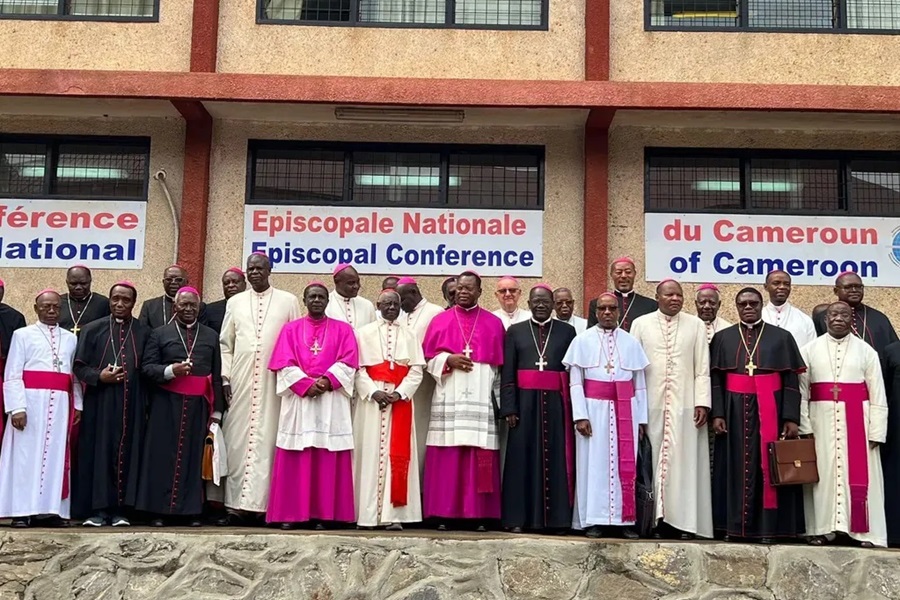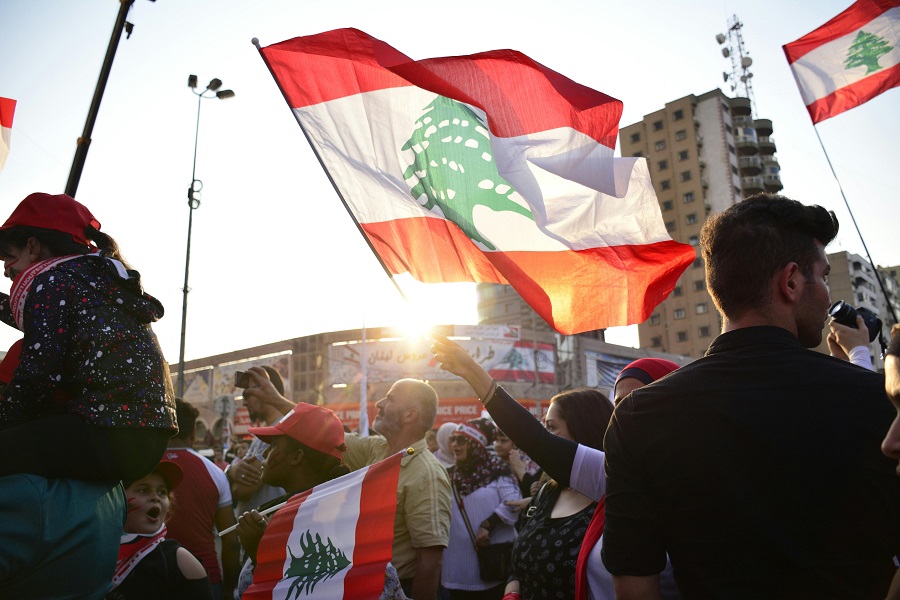Laos to raise awareness about new law protecting Christian minority
In the capital and in the big cities, Christians can live their faith freely, but the situation is different in rural areas, where abuses and persecution are commonplace. A new law aims to promote a better understanding of the religious minority, often incorrectly associated with Western imperialism.
In Laos Christians can practise their faith more or less freely in the capital Vientiane and in the larger cities, not so in rural areas where they face discrimination and persecution from other Laotians, often with the support of local authorities.
After decades of propaganda and abuse, the ruling Lao People’s Revolutionary (Communist) Party has passed a law that strengthens the protection of the Christian minority, who represent about 2 per cent of the country’s seven million people, mostly Buddhists.
In the past Laotian Christians, half of whom are Catholics, were forced to practise their faith in secret, fearing violence and retaliation, especially in the countryside.
Recently, Christian groups began to work with the Interior Ministry and the Lao Front for National Construction to bring local authorities up to date about a new law that came into effect last December that allows them to worship freely and peacefully.
According to Églises d’Asie, the new piece of legislation requires churches to obey all of the country’s laws, rules and legislation, but it also gives their members some freedom to practise their faith.
Still, despite the law, officials in rural areas have continued to threaten and oppress Christians and treat them as second-class citizens, Laotian Christian groups lament.
The persecution is the product of a dominant mindset among majority Buddhists who view Christians as “traitors” who practice a “foreign” religion imported by missionaries who came from Europe or the United States in the past.
In its own propaganda, the ruling communist regime has also portrayed Christians as a tool to impose Western imperialism on the Asian country, a former French protectorate.
What is more, many Christians are ethnic Hmong, who still carry the stigma of working with the Americans during the Vietnam War (1955-1975).
Abuses include arrests. Last March in a village in the province of Savannakhet, the authorities jailed a clergyman for holding a religious service. He was not formally indicted nor any explanation was given for his detention.
By and large, Christians “living in rural areas were considered ‘bad elements’ by other residents and by village authorities,” a Christian told Radio Free Asia (RFA). “Many Christians were abused, re-educated, evicted from their villages, arrested, and jailed – mainly because the local authorities did not understand Christians,” he explained.
To remedy the situation, seminars and meetings have been organised. Thus “Now we hope that these meetings will improve understanding between the authorities and Christians,” the Christian added.
Such meetings were also held last week in Bokeo, Bolikhamxay and Savannakhet provinces.
At one meeting, “we explained the law to the representatives of local authorities,” said a Christian clergyman in Bolikhamxay near the border with Vietnam.
Hopefully, “these representatives will pass the information along to other local officials, including authorities in the villages” in order to promote mutual knowledge and understanding.
Asianews






